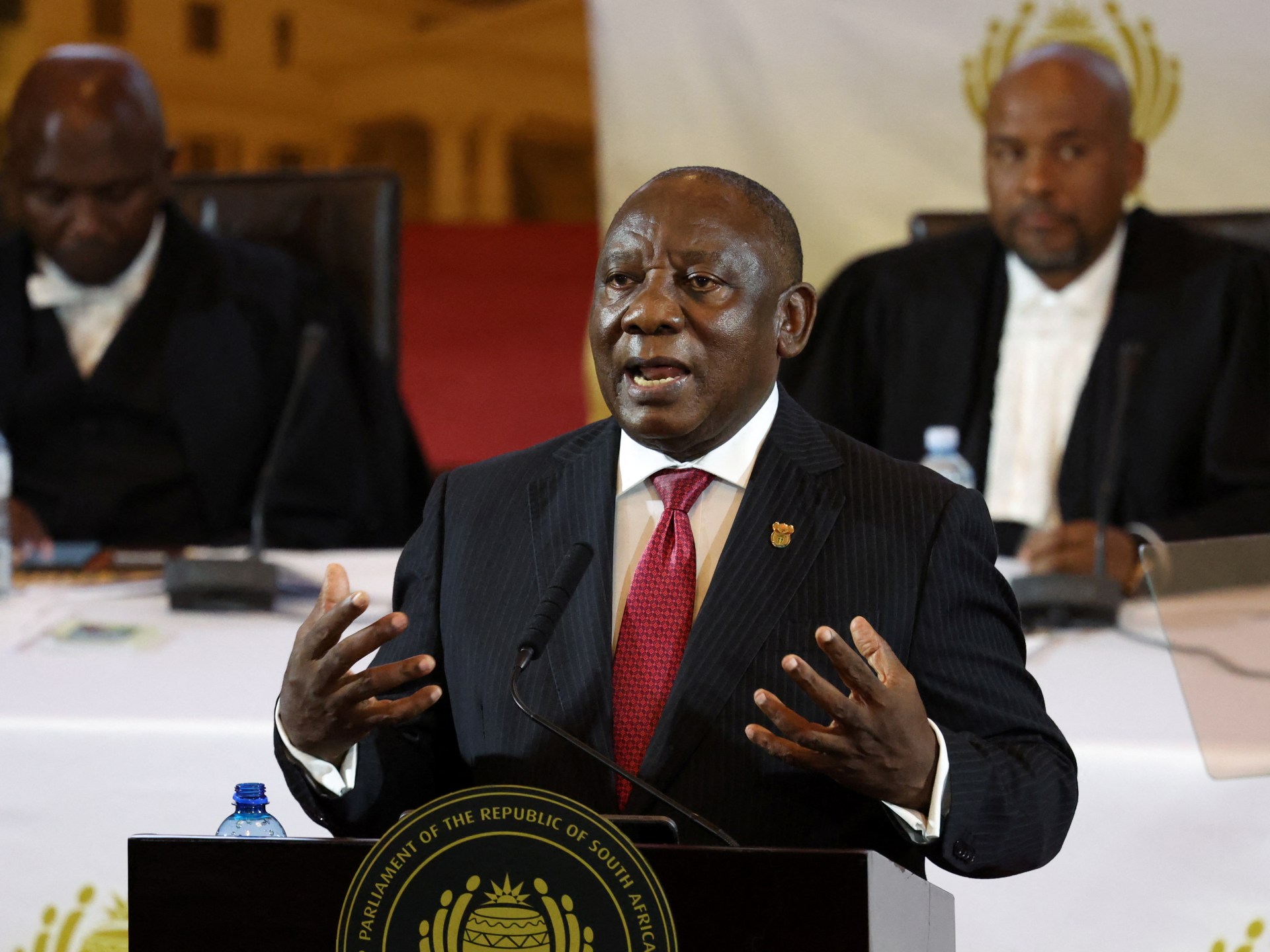Turkey’s Cavusoglu to visit Egypt in first such trip in a decade
Foreign ministers Mevlut Cavusoglu and Sameh Shoukry will discuss all aspects of bilateral ties,
Mevlut Cavusoglu, Turkey’s foreign minister, will visit Egypt on Saturday after an invitation by his Egyptian counterpart, Sameh Shoukry – the first such trip in more than a decade.
The Turkish foreign ministry said in a statement on Friday that the two top diplomats will discuss all aspects of bilateral relations, as well as exchange views on regional and international matters.
For its part, the Egyptian foreign ministry said Cavusoglu’s visit “inaugurates path for restoring normal relations between the two countries”.
Relations between Turkey and Egypt turned frosty in 2013 when the Egyptian military, then led by current President Abdel Fattah el-Sisi, deposed democratically elected President Mohamed Morsi, a Muslim Brotherhood leader and an ally of Turkish President Recep Tayyip Erdogan.
El-Sisi then outlawed the Muslim Brotherhood and branded it a “terrorist” organisation.
Turkey has for years served as a refuge for opposition activists from Egypt, further stoking tensions between the two regional powers.
Longstanding disagreements over the countries’ opposing roles in war-hit Libya have also impeded efforts to achieve a full rapprochement.
World Cup handshake
After years of frozen ties, Egypt and Turkey held exploratory talks in May and September 2021 to discuss restoring ties.
In November 2022, el-Sisi and Erdogan shook hands in front of Qatar’s emir, Sheikh Tamim bin Hamad Al Thani, in Doha. The leaders met on the sidelines of the opening ceremony of the football World Cup in Qatar.
And last month, Shoukry visited Turkey following devastating earthquakes that killed tens of thousands of people. It was the first such trip by an Egyptian foreign minister in more than 10 years.
While diplomatic relations between Cairo and Ankara have often been thorny, economic ties have continued unabated. The volume of trade has nearly tripled from 2007 to 2020, according to the Carnegie Middle East Center.




